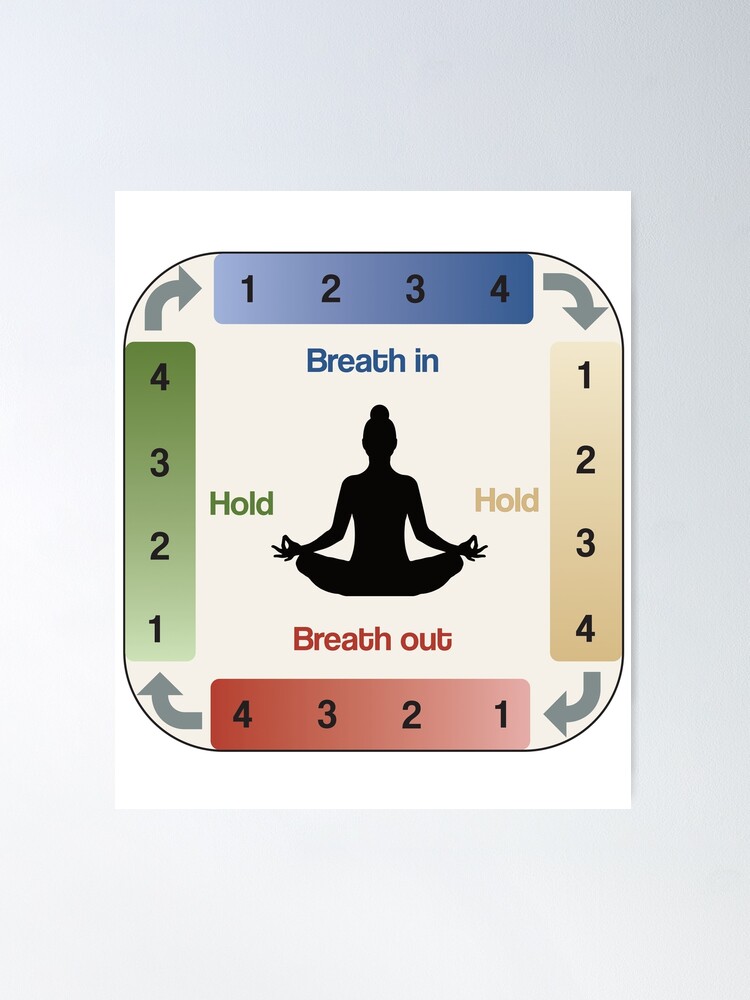I am a person who likes to think about things. The main object of my thoughts is not others, but myself. Sometimes, I would say a lot to the row of dolls on the bedside, and then answer my own questions. When there are people around me, I talk to myself silently in my mind. When there is no one around, I chatter out loud.
I have always regarded this as a personal “eccentricity” until I once chatted with a psychological counselor. She told me that when self-talk can be used correctly, it is actually a very important way to regulate oneself. , skills to manage yourself.
Do you also have the habit of talking to yourself? In today’s article, I want to share with you how to make yourself better through self-talk.
you may not realize
In fact, you talk to yourself every day
There is always a voice within us, and it may speak to us at any moment during our waking hours. Sometimes people are aware of its existence, sometimes people may not be aware of it. Sometimes it just happens internally, and sometimes we say it out loud.
Psychologists believe that everyone has conversations with themselves every day, and people may spend much more time talking to themselves than they think.
You can imagine a conversation between you and a friend, and self-talk can cover a wide range of topics (Hatzigeorgiadis et al., 2004).
- Might be a flow statement of what’s being done: Yeah, right, I’m going to print out three more documents before I write the report I just wrote.
- It may be purposeless gossip or complaints: It’s raining, it’s raining, why it rains every day.
- It may also be an internal interpretation of the meaning of the event: Why did I say that sentence just now? Others must think I am a fool.
When faced with the same thing, different self-talk will give us completely different feelings.
We can’t control what happens objectively, but we can control how we react to and interpret the event—that is, how we record it and how we tell ourselves about it. How we talk to ourselves will directly affect our series of reactions.
healthy self-talk
There are so many benefits
Conducting healthy self-talk is a very important self-control ability. As a self-management strategy, it mainly has the following functions:
01 Regulate emotions
Cognition is one of the most important factors that determine our emotions, and the content of self-talk actually reflects how we perceive something.
Therefore, when many people face stressful situations, they try to talk to themselves to relax and calm down as soon as possible, and manage their emotions in this way.
A study by Burnett (1994) found that children who engaged in positive self-talk demonstrated higher self-esteem and lower depression levels than their peers.
02 Improve memory
One study found that when people read the information in front of them while they were learning or trying to remember it, and provided some explanation or supplement to themselves, they were better able to transfer the information into long-term memory.
However, even if the content is not processed (e.g. explaining the content to oneself), just saying the content itself can achieve the effect of strengthening memory (Berry, 1983).
03 Be more focused and improve task performance
The self-management effect of self-talk is also reflected in that it allows us to focus more on completing tasks and organize corresponding thoughts and behaviors faster, thus improving our performance on various tasks.
One study found that when subjects were asked to find specified products on supermarket shelves, those who had to repeat the name of the product to themselves while searching were able to complete the task faster and more accurately (Lupya & Swigley, 2012) .
The researchers pointed out that the behavior of repeating the product name can stimulate the subjects to produce a more concrete visual image of what they are looking for in their brains, which allows them to locate what they are looking for faster (so every morning Looking for keys while muttering “key, key, where is my key” turns out to be a scientific approach.
Using self-talk to improve one’s performance is especially reflected and used in sports competitions. Researchers divided the self-talk strategies commonly used by athletes into two types:
- Motivational self-talk: such as “I feel great” and “Try your best to hit the duck!”
- Instructional self-talk: such as “Breathe deeply and take your time” “Quick! Jump up”
Researchers believe that motivational self-talk can enhance self-confidence, maximize efforts, and strengthen beliefs, while directive self-talk can improve concentration and guide attention.
In the training of some foreign athletes, training specifically focused on how to conduct self-talk during competition is even added (Hatzigeorgiadis et al., 2004; Theodorakis et al., 2000).
At the same time, we must also be vigilant
negative self talk
A common, negative self-talk manifests as endless criticism and questioning of ourselves. This is an inner critic that can hurt us.
You may have had this experience. When something bad happened, the voice in your head began to accuse and ridicule yourself: “Why can’t you even do this well?” “No one will love you anymore.”
Sometimes, without even using a specific incident as a foreshadowing, this voice will make some very sad or mean remarks directed at itself from time to time.
Negative inner voices are related to some distorted cognitive habits of people, such as selective attention to events, black-and-white thinking, overgeneralization or catastrophizing thinking, etc.
Unlike proactive, positive or nonsensical self-talk, negative self-talk is less under our control.
When it occurs, many people know they should stop, but struggle to pause that mean voice in their head. For this reason, negative self-talk usually takes a silent form. This explains why it can be so distressing and have a negative impact on a person’s self-perception, mood, and daily performance.
Research has found that when people focus purposefully and consciously on one thing (such as reading), they can effectively suppress negative self-talk in their hearts.
However, research has also shown that those with anxiety and depression, or those who do not meet the diagnostic criteria but have severe anxiety or depression for a long time, are unable to stop the negative inner voice even in a focused state.
For them, critical voices are intrusive, repetitive, and completely uncontrollable. The people trapped by it cannot find the stop button to stop the strangest and most familiar voice that knows its own weakness and spares no effort to harm itself.
4 tips for positive self-talk
We can cultivate the habit of positive dialogue with ourselves through conscious practice. Try these 4 tips.
01 Be aware of and record your frequent self-talk
When talking to ourselves becomes a daily routine, it is actually difficult for us to realize what we usually say to ourselves. Therefore, before making any changes, you need to consciously observe and record to see under what circumstances you usually talk to yourself, what words you say, and what your conversation style is.
Sometimes, and only when we write those words clearly, can we realize how harsh we are on ourselves and how unreasonable this harshness is.
02 Consciously prepare some positive words
When we cannot naturally have positive conversations with ourselves, we can first prepare some positive words that can replace those self-derogatory and negative words, such as:
- Brag that you are “really awesome” when completing a task
- Say to yourself when you accidentally make a mistake, “It’s okay, don’t be nervous, I will know what to do next time after this mistake.”
- Tell yourself when you feel lonely, “I still love you”
If thinking about these words is difficult for you at first, put yourself in the perspective of a “friend” and imagine what you would say to your most cherished friend. Treating yourself like you would a good friend is an effective form of self-care.
Don’t feel shy, even if it’s intentional at first, trust that it’s still effective. Gradually, you may find that you no longer need to remind yourself to say these words, and you no longer feel embarrassed and ashamed.
As it becomes more and more natural to treat yourself with gentleness and kindness, you will also understand more and more deeply that you deserve such treatment.
03 Use the third person instead of the first person, and use spoken words instead of silent thoughts in the heart.
Research by Kross (2014) and others found that when people are in negative emotions, using the third person (e.g. their own nickname or name) to talk to themselves can allow people to adjust their emotions better and faster. Their findings also indicate that the approach may be equally effective for vulnerable people who are already extremely susceptible to stress and anxiety.
This is because using the third person to refer to oneself increases the psychological distance between people and themselves, creating a kind of separation from themselves, allowing people to observe the situation they are in more objectively and calmly. , thereby better managing your thoughts, feelings and behaviors.
Hong Yuxuan in “The Story of a Common Girl” suffered from domestic violence and was trapped in a painful marriage. She often referred to herself in the third person.
In addition, there is another common conclusion in the research on self-talk and task performance, that is, speaking aloud will play a better role in promoting performance, such as being able to find things faster than inner talk. Goals, play better and more.
So if you want to use self-talk to make yourself better at something, try saying it quietly (if you’re like me and feel a little embarrassed).
04 Give your negative voices a nickname
Psychologist Elizabeth Scott, who studies stress management and post-traumatic recovery, has an interesting suggestion on her blog: Give your negative voice a name, preferably something a little funny.
For example, Scott named her former mean inner voice “Debbie Downer,” based on a character who would make negative comments in any situation.
For a period of time, every time she couldn’t help but start criticizing and blaming herself, she would tell herself: “Why is Debbie Downer saying depressing words again?” She believes that doing so not only makes it easier for her to realize that she doesn’t have to agree with every voice inside her, but also makes those negative perceptions less threatening.




